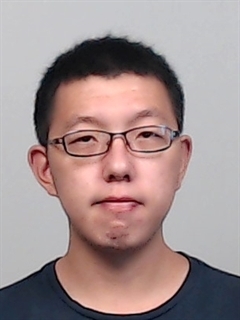Chang-Seok Kim obtained his Ph.D. in 2004 from the Department of Electrical and Computer Engineering, Johns Hopkins University, USA, for research in the area of fiber optic devices and fiber laser systems, after finishing his Master degree in 1999 from Gwangju Institute of Science and Technology (GIST) for the research with fiber Bragg grating (FBG) sensors with specialty fibers. Subsequently, he held a postdoctoral fellowship at the Beckman Laser Institute and Medical Clinic, University of California at Irvine, USA, for research in the area of fiber lasers for biomedical sensing and imaging. He returned to the Department of Optics and Mechatronics Engineering, Pusan National University as a faculty member in 2005 and is now a Professor.
His early research covered specialty fiber design and fabrication, fiber and waveguide optics, and wavelength tunable fiber lasers. Following the initial wide experience with fundamentals in fiber optics and fiber lasers, his research interests have moved to applications of wavelength tunable fiber laser (incl. FBG sensor interrogations, optical frequency domain reflectometry (OFDR) sensor interrogations, and optical coherence tomography (OCT) imaging instruments) since 2004, and further to the practical system integrations for fiber sensor and biomedical imaging applications since 2014. His work has led to over 250 publications, including journal/conference papers and patents.









